Did you think that despite the global pandemic in 2020, and most of 2021, that travel blogs would run out of content? No way! Wanderlust, nostalgia, and fear of missing out mean that there will always be travel stories. People love to read about exotic locations and travel stories, even if they can’t travel. With European summer on our doorsteps, a new wave of travel articles is surfacing in all pockets of the internet. This time, travel is defined more by each countries’ respective quarantine and entry laws rather than locations, budgets, and events. So as more people begin to venture back out into the world, how has COVID-19 changed things? Has travel changed or can we expect things to just carry on as they did back in 2018?
Can I travel there? Keeping an eye on entry requirements
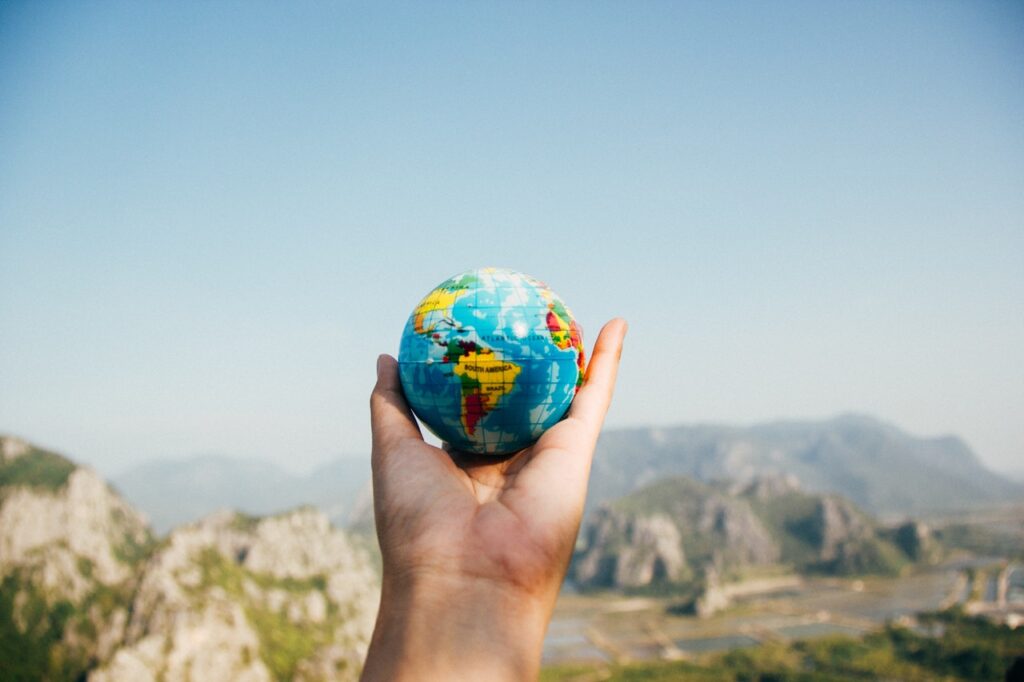
Possibly the biggest factor affecting foreign tourists is, is the country open to you? At this stage, there are still countries that are not allowing non-citizens into their countries. For some of us, this might be the first time we’ve been technically “blocked” out of a country. Don’t worry though, tourism makes up a big percentage of many countries’ economies. Therefore reopening borders is a high priority for many countries around the world. We can keep an eye out on which countries are allowing tourists in as well as any other sort of requirements and updates.
This is a really good website I have been using to plan future trips and feed my wanderlust. It also helps keep an eye on which countries are in lockdown and who is applying what kinds of restrictions. The website seems to pool media statements and news about each country and put them all in one convenient online space. As we are hoping to plan a vacation soon, our family regular checks in here to look for updates on our target countries. You will find that the countries either closest in terms of distance or cultural and economic significance will open sooner than others. If you would like some more tips on how to feed our wanderlust despite the pandemic, click here.
Are there periods of quarantine?
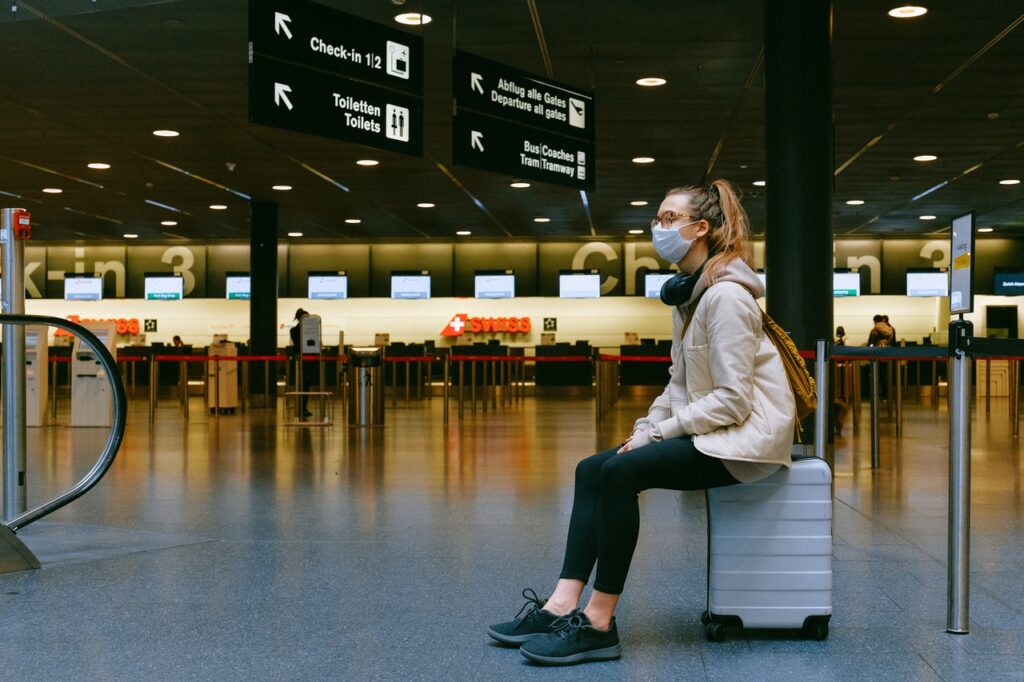
Second in importance to “can you come in?” would be the issue of quarantine. At this stage, many countries still enforce a mandatory quarantine period for people arriving in their country. Sometimes it’s 7 days, 10 day, or even 2 weeks. Importantly, just like a lot of these protocols, they are not static. They change with the flow of current events both internationally as well as locally.
Make sure to read up on the current situation with the COVID-19 pandemic. Certain countries may be struggling with new waves of infection, while new strands worldwide can always put pressure on countries we thought had ‘beaten’ the virus.
To me, I wouldn’t really be considering travel to anywhere that enforced mandatory quarantine, unless I needed to. Quarantines are often self-funded in various hotels around the country and can be very expensive for non-citizens. Both the cost as well as the fact that you’re holiday already needs to be longer than the quarantine period are negatives to me. It indicates that a trip to that particular country may not be an option just yet.
Medical checks really matter. Vaccinations and Negative PCRs

I’ve spoken about this with friends and family. Even once COVID-19 ‘goes away’ it could very likely still be part of our collective experience and vocab, especially for those of us who travel. Vaccinations and medical checks might become something as day-to-day as pre-travel flu shots, malaria protection, and other travel specific precautions.
Regardless of the distant future, for now, and the next few years, medical checks are going to be really important. Medical checks and frequent, you might thing they’re unnecessary, PCR tests are coming to define what travel has been like in 2021. It will be necessary for travellers to have an up-to-date medical checklist.
If you are planning to travel overseas you will need to pay attention to the entry requirements of any country(s) you are planning to visit. You will also need to pay attention to what your home country demands of you too. This might mean having the most up to date vaccination programs. It could also mean producing a time-relevant negative PCR test result. So you will need to factor all these things in as your date to fly approaches.
In country regulations. Masks, bans or curfews, health codes

So once you’ve finally arrived at your destination, that’s it right? You’re free to enjoy your holiday as you please? Well, not exactly. Many countries will also have a range of restrictions and rules for what is allowed in public. This could be all kinds of things like mandatory masks; some places might stipulate only inside crowded areas while others might have a blanket mandate for all public areas. Regardless, it’s 2021, and the virus has a ’19 in its name. We’ve had enough time to get used to wearing and arguing about masks.
Similarly, countries have taken different approaches when it comes to restrictions on outdoor eateries as well as curfew hours. Make sure you pay attention to what the current laws are in your holiday destination. Recently, in Turkey, while certain laws didn’t apply to tourists it was still very difficult to find a place to eat since restaurants were supposed to be closed. This might mean that even if you as a tourist are exempt from the countries laws, you may not be able to go to local bars, eat out, or find sitting areas in malls.
In Turkey, at least, tourists who book at hotels might still be in luck. This is because many hotels have their own dining areas and restaurants which are not open to public and only serve their clientele. Furthermore hotel restaurants have also passed governmental safe tourism inspections which means you will not be completely without a dining experience here.
Many countries also introduced code numbers that linked to your ID. Through these codes, governments could track where you’ve been on your holiday. This has aided governments in tracing back various outbreaks and strains and monitoring cases in high-risk areas. This was done to prevent and monitor the further spread of the virus. Because of this many basic amenities required you to use this particular code or application. In Malaysia, every shop required you to enter your details through this application. In Turkey, they use the HES Code system, which is a similar code that you need to scan before entering certain establishments. While tourists may not need a HES Code, it necessary to obtain the public transport IstanbuKart, and tourists may still struggle entering places (like malls and restaurants) that require it from all visitors.
Be ready for things to not always go your way, and for things to not always make sense, when it comes to the public health policy of other countries. For some more helpful travel mindsets, follow the link to my article here.
Airline restrictions
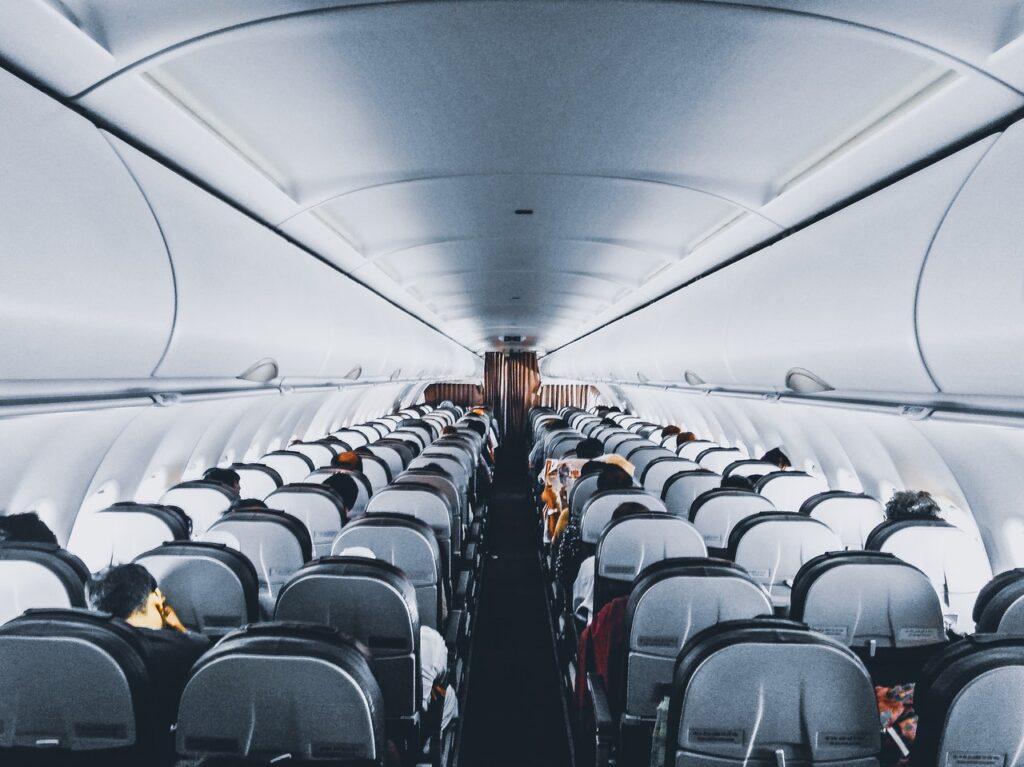
The last time I travelled internationally was in what I refer to as an in-between period, borders were easing in hopes of returning back to normal. We had just come out of a lockdown, and were able to travel overseas. Unfortunately, as was the case for many countries, things got worse rather than better and many countries reinstated new restrictions. Thankfully we had already arrived and settled in our destination by then. So I always say we travelled during a very brief window of no lockdowns.
At the time of our travel, things were really confusing. We didn’t really know what the most recent travel updates were. Neither airline customer service nor even our travel agent could help bring us up to speed either. As I’ve written in my “packing light” post, I mentioned that at this time there was a bit of confusion regarding hand-carry luggage. Our particular airline had banned hand carry in an attempt to reduce contact and exposure for the COVID-19 virus. It turned out we could still bring hand-carry and the ban was actually on overhead storage. So our hand carry bags either had to go under our seats or in the stow-away luggage. Unfortunately, none of this was really communicated until we finally got to the check-in desk.
Some other changes airlines might make is in relation to how many economy and business seats they offer. At least during the early stages of the pandemic, many airlines were only hosting business flights in order to make up costs. Make sure to research any unique restrictions your airline might have in place in response to the pandemic. If you can’t find answers try to contact the airline directly, maybe even go to the airport in advance if necessary.
What should I be bringing? Masks? Sanitiser?
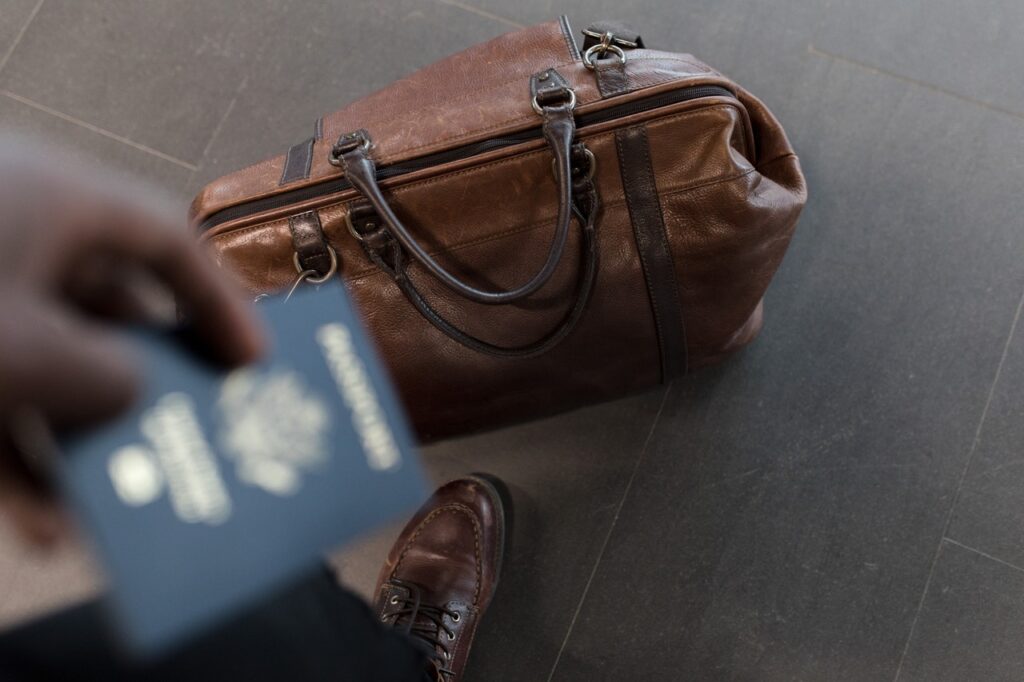
So not only will you need to consider how you bring your luggage onto the airline but you might also need to think about what to bring as well. Some of us, and I’m no exception, have drastically changed our behaviours due to the COVID-19 pandemic. I would never have considered bringing face masks, disposable gloves, and hand sanitiser with me before. However, things have changed in this soon to be post-pandemic society. Even if the country you are travelling to doesn’t require you to wear masks, there are many out there who have gotten used to and have seen the benefit in such items. Do not forget to pack these in your next vacation itinerary.
It’s no doubt that things have definitely changed because of the COVID-19 pandemic. Some of us have picked up completely different habits and ways of life during this time. It shows that, despite everything, the show must go on. We hope that everyone will be able to go back and fulfil their vacation dreams soon. However at least for many years after, we will still need to be vigilant and pay attention to some of these travel tips when we finally go abroad.
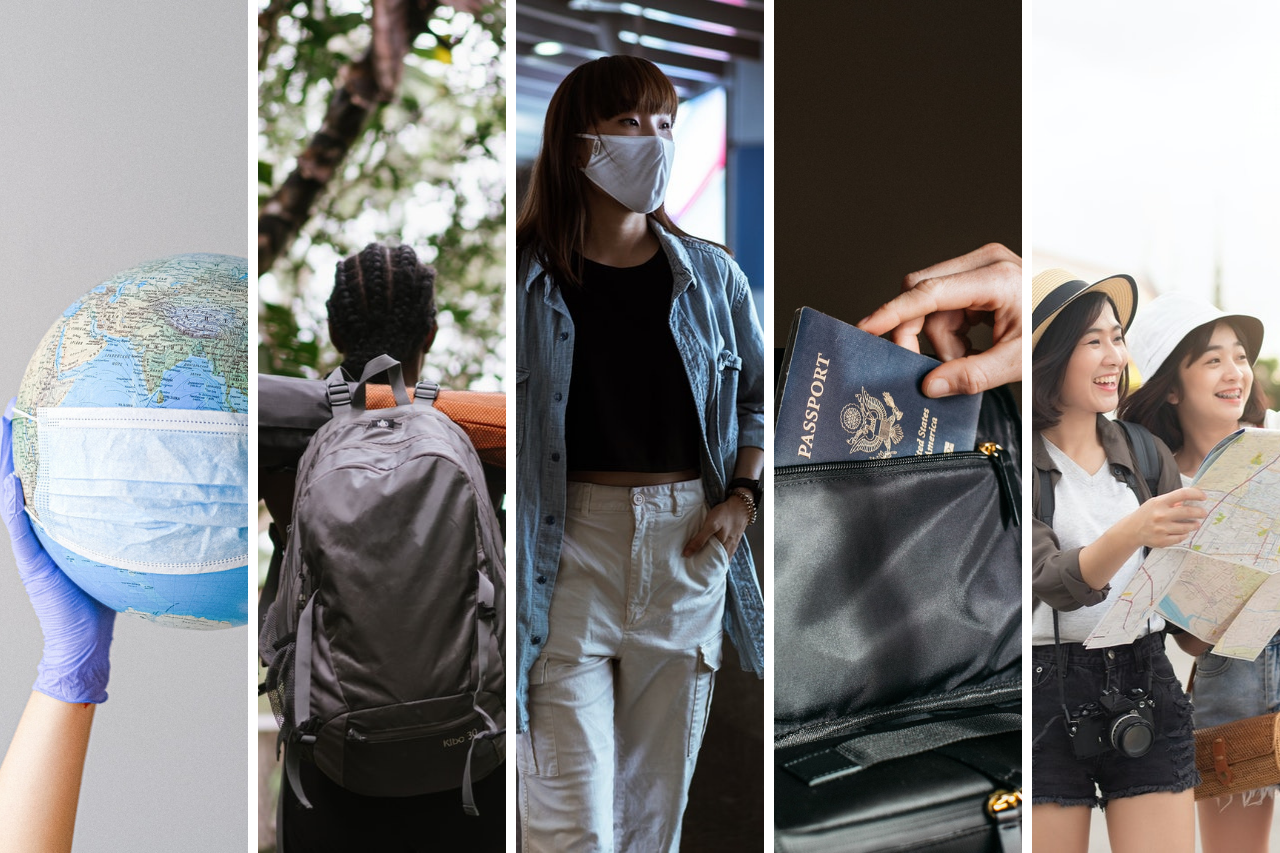
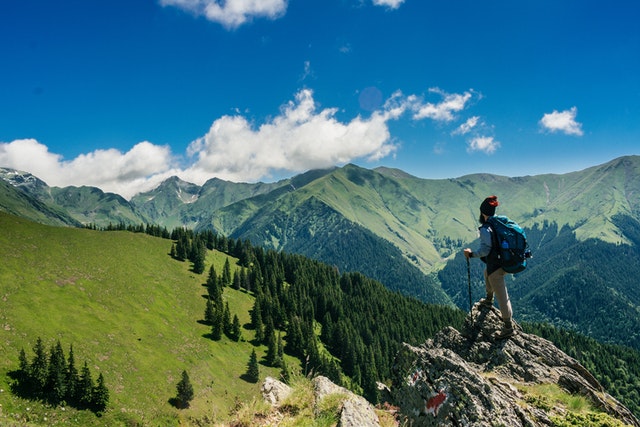
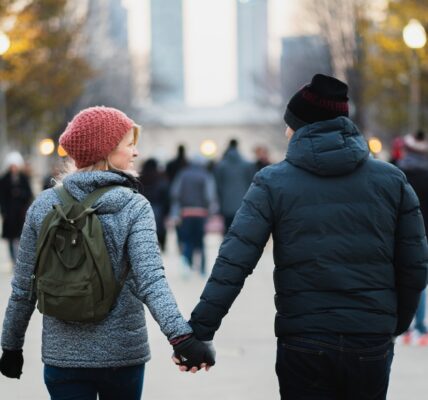

3 COMMENTS
Comments are closed.